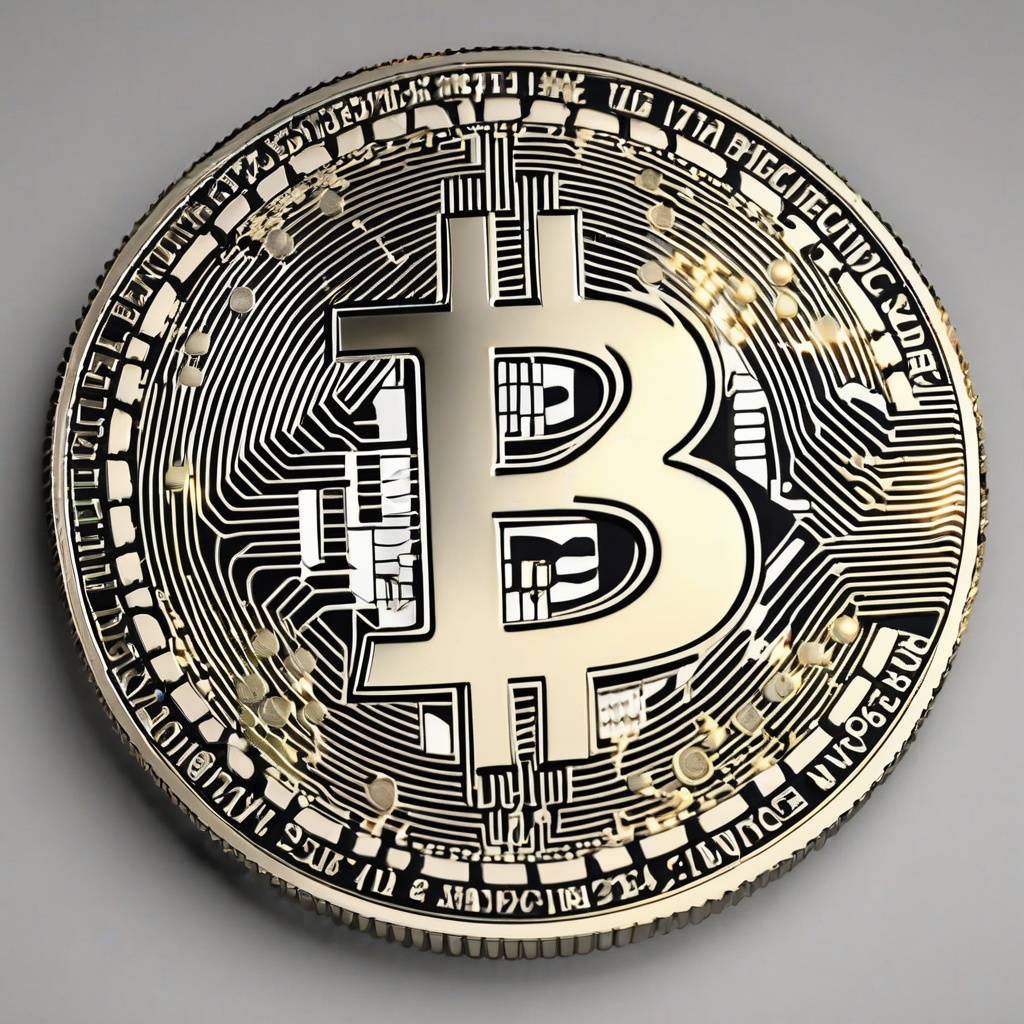Are automated crypto trading bots a scam?
In the ever-evolving world of cryptocurrency and finance, one topic that often garners significant attention is the use of automated crypto trading bots. These bots promise to provide investors with an edge in the market, executing trades based on pre-set algorithms and strategies. However, the question remains: are these automated crypto trading bots a scam? While some bots may indeed offer legitimate trading strategies, there are many instances where such bots are marketed as sure-fire ways to make quick profits, often with little to no transparency about their operations. This begs the question: are investors being duped into buying into a system that is more about hype than actual results? Moreover, the cryptocurrency market is highly volatile, and even the most sophisticated algorithms can be overwhelmed by sudden market shifts. This makes relying solely on automated bots for trading decisions a risky proposition. So, are investors really getting the value they pay for when they purchase and use these automated crypto trading bots? The answer to this question remains elusive, requiring a careful evaluation of the claims and performance of each bot.

Is the billion coin (TBC) a scam?
Could you elaborate on the potential risks associated with investing in the billion coin (TBC)? Given the various cryptocurrencies in the market, there seems to be a lot of skepticism surrounding TBC. Some claim it to be a scam. Are there any indicators or warning signs that point to such allegations? What are the red flags investors should be aware of before investing in TBC? Has there been any credible evidence of fraud or manipulation surrounding the coin? How should investors proceed if they're considering investing in TBC? Is there a way to verify the authenticity and legitimacy of the project?

Is bitcoin bonus a scam?
The question on many investors' minds is: "Is Bitcoin Bonus a scam?" Given the prevalence of fraudulent schemes in the cryptocurrency landscape, skepticism is understandable. Bitcoin Bonus purports to offer users the chance to earn substantial returns by investing in their platform. However, one must scrutinize such offers carefully. Questions to consider include: does Bitcoin Bonus provide transparent information on how they generate returns? Are there independent reviews or testimonials from satisfied users? Does the company have a legitimate business registration and regulatory oversight? Furthermore, investors should be wary of any promises of guaranteed high returns, as such claims are often indicative of a scam. It's crucial to conduct thorough research and exercise caution before investing in any cryptocurrency-related opportunities.

Is teslacoin a scam?
Ladies and gentlemen, in the ever-evolving landscape of cryptocurrency, one name that has garnered significant attention is Teslacoin. But, as we delve deeper into the world of digital currencies, the question arises: is Teslacoin a scam? Firstly, let's address the elephant in the room. Teslacoin, with its name evoking the renowned electric vehicle manufacturer Tesla, does indeed raise suspicions. Has it merely borrowed the brand's reputation to attract investors? Or is there a genuine association? Secondly, we must consider the fundamentals of the coin. What is its underlying technology? How secure are its transactions? What are its long-term goals? Answers to these questions are crucial in assessing its legitimacy. Lastly, we must not forget to scrutinize the team behind Teslacoin. Are they experts in the field? Do they have a proven track record? Or are they anonymous figures, shrouded in mystery? So, in summary, the question remains: is Teslacoin a scam? Only a thorough investigation of its origins, technology, and team can provide us with a definitive answer. Let's not jump to conclusions, but let's also not be complacent in our evaluation.

Where can you find a bitcoin giveaway scam?
Have you ever stumbled upon the alluring promise of free bitcoins in some random online forum or social media post? If so, chances are you've encountered a bitcoin giveaway scam. These scams typically promise vast amounts of bitcoins to unsuspecting users, often requiring only a small deposit or a share of your private keys. But where can you actually find these scams? They are often spread through phishing emails, fake cryptocurrency exchange platforms, and even social media groups promising quick riches. Be wary of any such offers, as they are often designed to trick you into parting with your hard-earned bitcoins or personal information. Remember, if it sounds too good to be true, it probably is.

